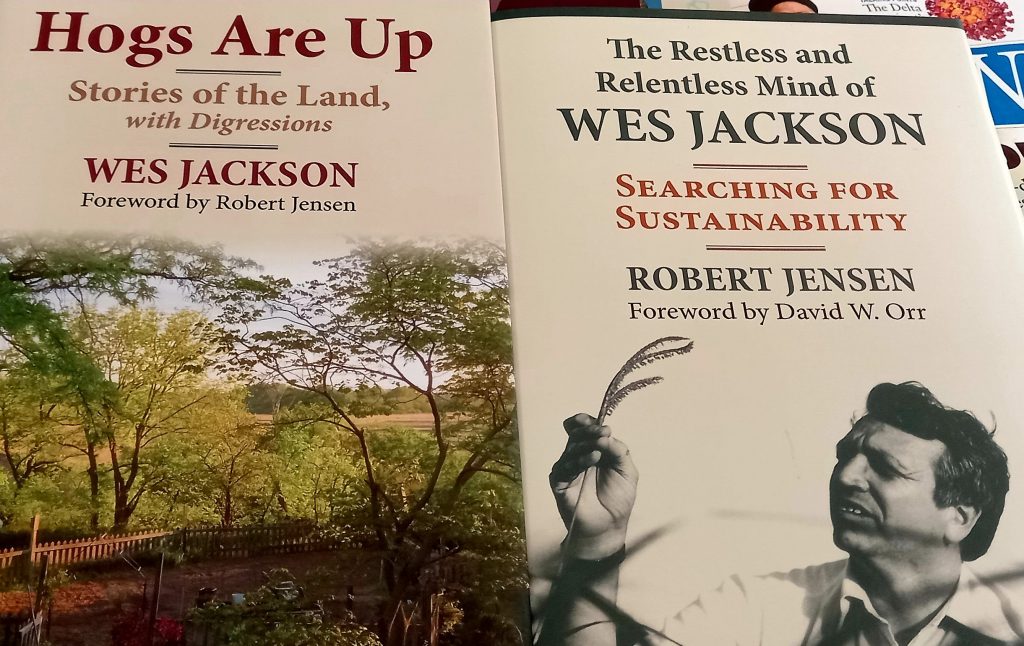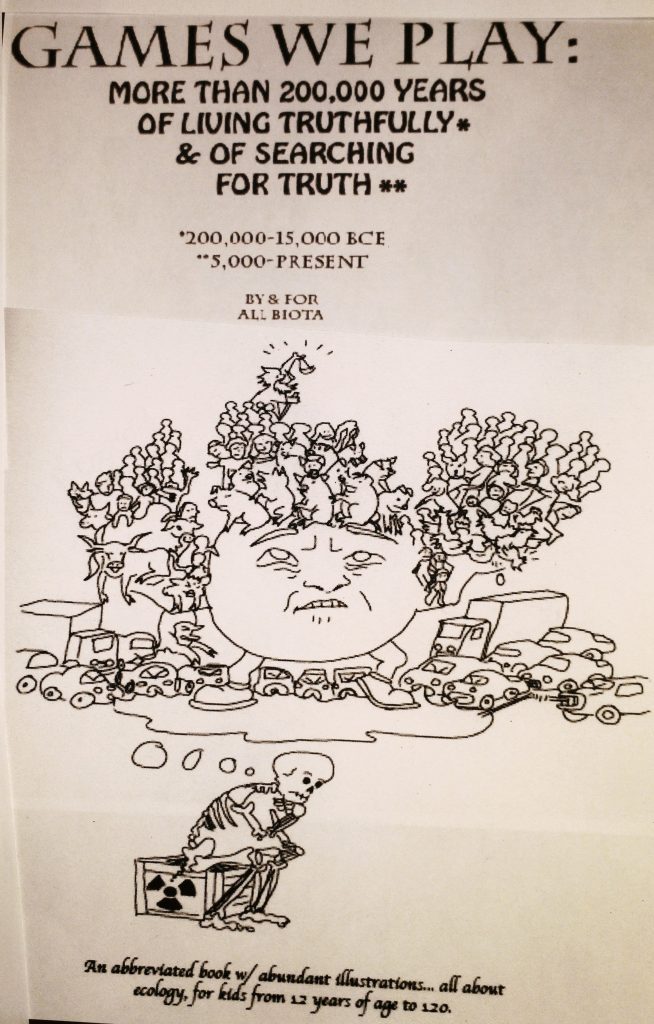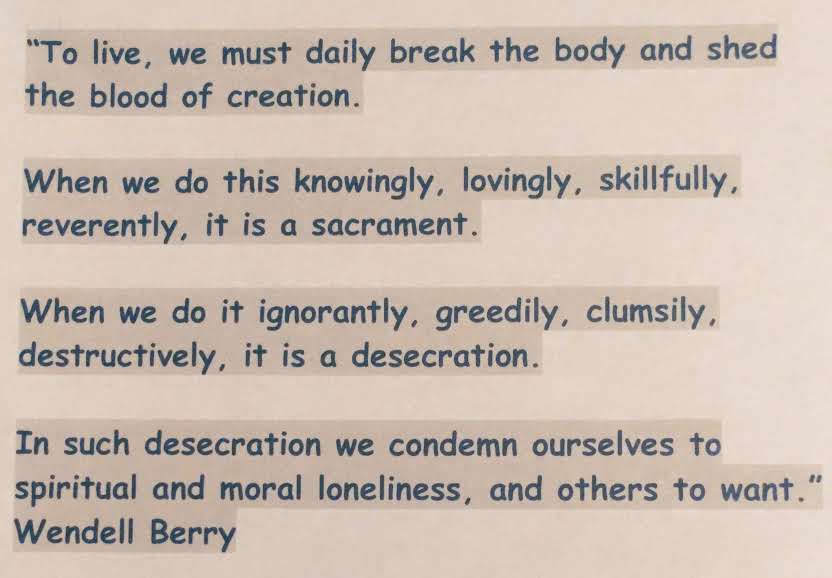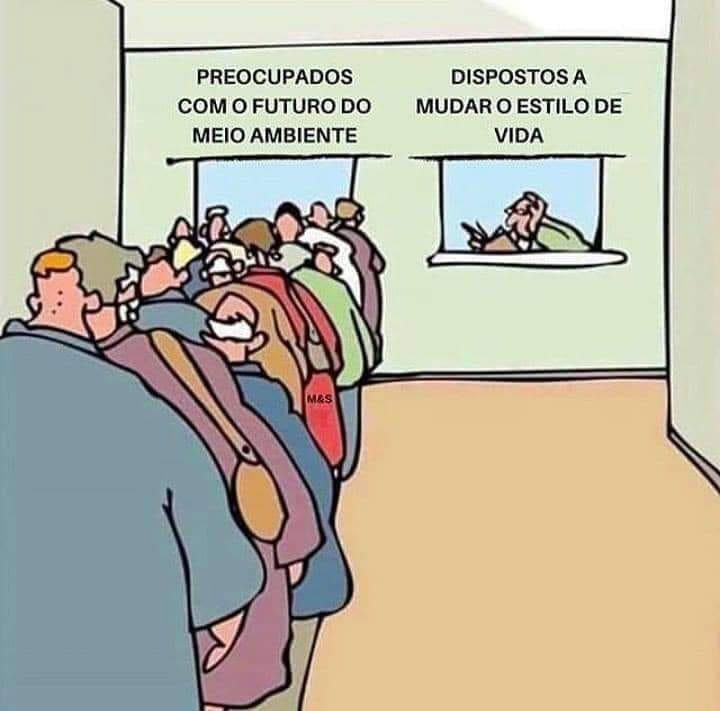

First I wish to thank my parents Louise and Alton Martin, my village in my early formative years of Devine, Texas, U.S.A., Pope John the 23rd, Martin Luther King, Jr., ecologist Rachel Carson, and ecological economist Herman Daly, a graduate of Texas’ Rice University, … and many other sociologists and ecologists … and great thinkers and teachers and writers … for preparing me, in my first 40 or so years after I was born in 1946, to understand our inconvenient apocalypse.
Most of what I present herein is not direct from this lightweight standing here before you (or directly from the blog-site piece I developed), but rather from two heavyweights, one is a geneticist and agroecologist and developer of a neo-perenniel agriculture in collaboration with Land Grant unversities like Texas A&M, who is one of Smithsonian’s thirty-five who made a difference in the 20th Century, … and the other an emeritus professor who facilitated real ecological learning at the University of Texas School of Journalism for many years. It is from their new book, An Inconvenient Apocalypse (2022, University of Notre Dame Press) … i.e., by Wes Jackson and Robert Jensen. (And by the way, one of my grandchildren is now attending the Catholic institution which published this amazing book and which was founded about the time that my Catholic Kneuper side of the family came into this country.)
Anyway, Wes and Bob tell us truly like it is and “it” follows. …
We “should be willing to speak apocalyptically, not to preach the end of the world, but to acknowledge that there is no decent human future possible within existing economic and political systems, that we are at the end of the age of those systems. The apocalyptic tradition demands that we face all the brute realities, without flinching and without false hope.”
Now. …
“While climate change is an existential threat, a focus only on climate change can be misleading. Climate disruption is a derivative of overshoot, of too many people consuming too much stuff in the aggregate. If a miracle solution to climate destabilization appeared tomorrow, we would still face multiple cascading crises because human demands on Earth’s ecosystems are in excess of those ecosystems’ capacity to regenerate in a time frame relevant to us. … “
“The goal of our planning can be stated simply and clearly: fewer and less. Fewer people, less stuff.”
“Because the obsession with growth defines virtually all economies on the planet, the bad ending will not be contained to specific societies but will be global. The response of the technological fundamentalists is simple: we need not curb our aggregate consumption as a species because we will invent whatever we need in a “green-energy cornucopia,” which some Cornucopians argue should include nuclear power ( [… }a bad idea).
The irrationality of this temporary evasion of the biophysical limits of the planet is captured in an old joke. A man […] jumps off a hundred-story building and, as he passes each floor, says to himself, ‘So far so good.” The experience of falling can be exhilarating, but at some point, the man will hit the pavement. Technological fundamentalists seem to believe that we can remain in free-fall forever through innovation.”
“We offer a conclusion that is well supported by the extensive evidence that is publicly available. The modern economy created by the Industrial and Digital Revolutions is not running out of time but rather has run out of time to correct the course. We should not be thinking about how to change our practices to allow this world to continue with nearly eight billion people with varying levels of access to high-energy/high-technology living. Instead, we should be planning for fewer people and less consumption, in smaller social and political organizations, with greater humility about tinkering with our surroundings.”
“Corrupt and craven leaders are a problem but not the main problem. Unjust and unsustainable systems are a problem but not the core problem. To face the multiple cascading crises that define this historical moment requires confronting our human-carbon nature and the forces unleased when we became a species out of content.”
We, … the foolishly growth-driven, fossil energy & material-addicted, arrogant, conspicuously-consuming, ecologically-destructive Homo hierachicus, Homo colossus, Homo technologicus … are the problem!



